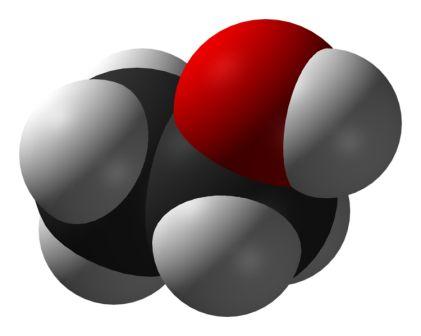Cabinet approves Mechanism for procurement of ethanol to carry out the Ethanol Blended Petrol (EBP) Programme
Prime Minister Shri Narendra Modi’s cabinet committee on Economic Affairs has permitted the Mechanism for procurement of ethanol, which is headed by OMCs, i.e., Public Sector Oil Marketing Companies. Approval has been given to carry out the EBP Programme. EBP programme is the Ethanol Blended Petrol programme that is for the revision of the ethanol price for supply to Public Sector Oil Marketing Companies.

CCEA has permitted the following thing for the 2018-19 forthcoming sugar season held during ethanol supply period, which is from 1-12-2018 to 30-11-2019:
- Fix the ex-mill price of ethanol, which is derived out of heavy molasses. The new price proposed is Rs.43.70 per litre and the current price is Rs.40.85 per litre. However, transportation charges and GST will be payable additionally.
- Fixing of the ex-mill price of ethanol, that is derived from the sugarcane juice and heavy molasses. The price fixed is Rs.47.49 per litre. However, transportation charges and GST will be payable additionally.
- As declared by the Government, the price of ethanol will be modified by MoP&NG based on the actual FRP, i.e., Fair & Remunerative Price. Usually, the prices are dependent on the estimated Fair & Remunerative Price for 2018-19 sugar seasons.
- The ethanol prices will be revised by MoP&NG under the ethanol supply year 2019-20, which will be based on the standard cost of sugar and molasses that is derived from FRP of sugarcane.
The benefit of this scheme will be given to all the distilleries, and for the EBP Programme, a huge number of suppliers will provide ethanol. In the process involving a contribution to minimizing the problem of sugarcane farmers, there will be a reduction in the cane farmer’s arrears due to profitable prices of ethanol suppliers.
As there is a rise in the price of heavy molasses-based ethanol and also in the sugarcane juice and procurement of ethanol from heavy molasses, there will be expected more availability of Ethanol for EBP Programme. When there is an increase in the blending of ethanol in petrol, there will be many advantages like more environmentally friendly fuel, support to the agricultural sector, additional income to farmers, reduction in import dependency, and lesser pollution.
Since 2014, the government has announced offered price of ethanol. Due to this improvisation and the government’s decision, the supply of ethanol was affected and increased. Public Sector OMCs produced ethanol was increased to around 140 crore litre in 2017-18 from 38 crore litre of ethanol supply in the year 2013-14.
The sugar prices are also increasing at an alarming rate as the sugar and sugarcane production in this sugar season is touching the sky. Automatically, this has made an increase in the dues of sugarcane farmers’ because there is a lesser ability of the sugar industry to pay its farmers. Many steps have been taken in this regard by the government to reduce farmer’s dues.
The ethanol which is derived out of heavy molasses will be under review as their prices will be revised by the Government. This is done because ethanol is considered one of the primary components in revenue of sugar mills/distilleries.
Also, the prices of heavy molasses and Sugarcane juice will be decided by the government for the very first time that will, in turn, make a positive impact on the farmers’ dues to be paid by the sugar industry. There will be an increase in the ethanol availability also for EBP Programme. In May 2018, it was announced by the Government that the range of raw material for ethanol production had been widened in line with the National Policy on Biofuels.
In 2003, the EBP Programme was originated by the Government on a trial basis, which has now been extended to 4 UT’s and 21 states. This extension has promoted the usage of environmentally friendly fuels. Not only this, but it will also attempt to lessen the import dependency on various energy requirements and will encourage the agricultural sector.

